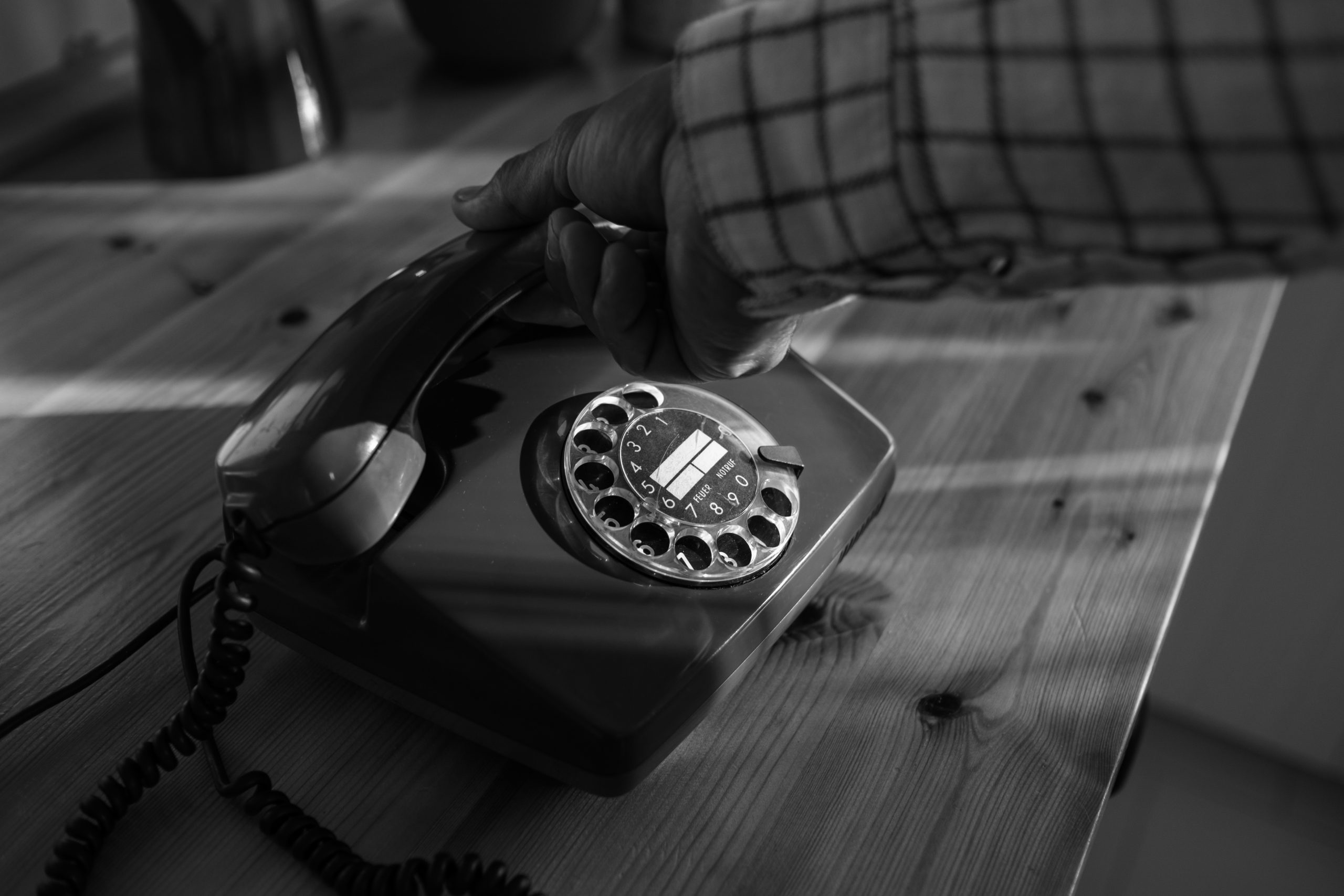I’m thinking I should get to work on a museum of the era before the internet and cellphones and streaming music, so that people under 40 know what it was like to talk on a phone with a cord on the kitchen wall and gossip without your mother understanding what it was about. People wrote on stationery with a pen back then, not a stationary bike but paper, wrote letters in a cursive hand to their grandmas and Grandma told you what fine handwriting you had. Now Grandma is happy if you stick with your birth gender and don’t get tangled up with fentanyl.
I’m not nostalgic for those days, I simply feel that you young people need to know some history. When I was 20, 60 years ago, I walked into the Capitol in Washington one evening and there was one cop sitting at a table inside the door, reading a book. There was no metal detector. Nowadays, they put up metal detectors at the doors to elementary schools. I’m not kidding.
“Back then, you could learn a lot about people by looking at what they were reading on the bus”
Back then, you could learn a lot about people by looking at what they were reading on the bus – The New York Times, Guns and Grenades, Christian Digest, whatever – and you could strike up a conversation with them, based on a perceived common interest: “I don’t know what to make of the House Ways and Means committee lately”, or “I have a friend who owns a bazooka just like that one”, or “I’ve gone back and started rereading Ephesians, there’s so much there” — and now they’re wearing headphones and you have utterly no idea. It could be Alex Jones, it could be Steve Bannon, it could be Franklin Graham. I go to my cousin’s for dinner, I don’t look at their bookshelf the way I used to: if I see Mein Kampf, I don’t want to hear him say, “I was only curious” or “It’s what our book club is reading.”
Back then, you had to pay money for sheet music to learn the words to songs and I couldn’t afford it so for years, listening to the radio, I thought it was “You make me feel like a rash on a woman” and “He’s got the whole world in his pants”. Imagine. Back then we said things like, “He really shot himself in the foot”, without stopping to think that many people actually have blasted a hole in their foot, whether accidentally or on purpose, and the damage that is done, the breakage of bones, infection, plus the embarrassment that follows you all your life, and it’s real and harmful.
And now I realise it is possibly offensive of me to imagine this is worth a museum, to honor a time when there was zero affirmative action and women were held back. Songs like Dylan’s It Ain’t Me, Babe, which infantilises a woman and Great Balls of Fire, which glorifies testicles. And four Brits who hit the big time with I Want to Hold Your Hand. Well, what does ‘She’ want, the woman the song objectifies, does She want her hand to be held, does She feel happy when he touches her, why don’t we hear about that?
It’s wrong of me to say this, and I apologise, but it seems to me (wrongly, I’m sure) that we were a teeny bit less self-conscious back then. Not that that is a good thing, but it’s true. We tiptoe around these days, careful not to say the wrong thing, like, say “gone viral” in front of someone who caught Covid or “hot spot” in front of a menopausal woman. Meanwhile, one of the most admired men in America lies like a rug, cheats, commits crimes openly and encourages treason and insurrection, and is ranked as Most Admired by about 20% of the American people. Is there any connection between the beginning of this paragraph and the Most Admired part? I’m only asking.
I’m glad I lived when I did. I saw the last living veteran of the Civil War, Albert Woolson, riding in a convertible in a parade. As a boy drummer, he played at Lincoln’s funeral parade in Washington. He looked at me; I could’ve reached out and touched him. I also saw the Rolling Stones play at a hockey rink on their first American tour. To you kids, they’re just billionaires, but they were young and hot, they looked great on ice. I won’t lie to you – Albert Woolson wasn’t there, but I think he would’ve been amazed at Charlie Watts’s drumming.
Originally published by garrisonkeillor.com and reprinted here with permission.








